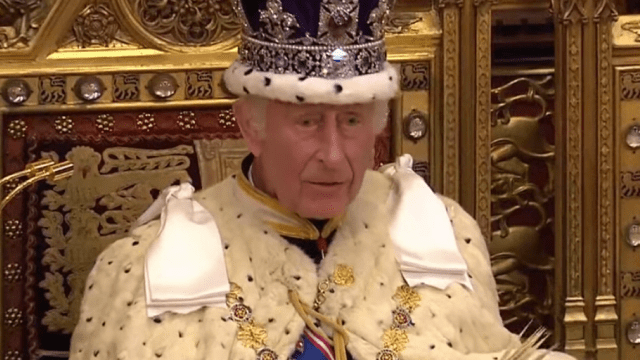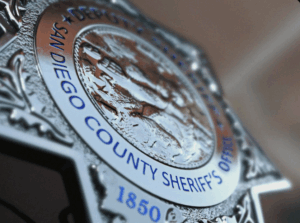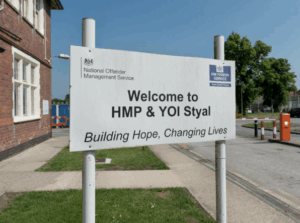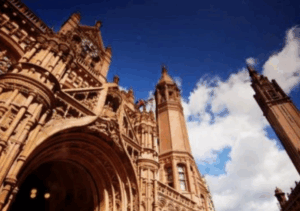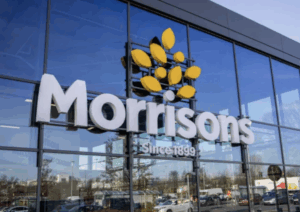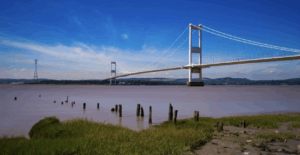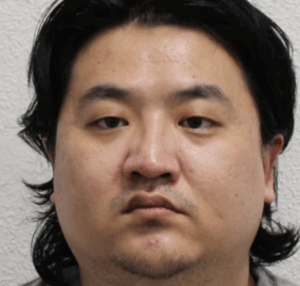Britain’s new Labour Party government, following a landslide victory in the July 4 election, has pledged to stabilize the country’s turbulent politics and alleviate the cost-of-living crisis. King Charles III outlined the new administration’s plans for “national renewal” during the grand State Opening of Parliament on July 17.
Prime Minister Keir Starmer’s legislative agenda, delivered by King Charles, focused on stabilizing the U.K.’s public finances and promoting economic growth. The King stated, “My government will seek a new partnership with both business and working people and help the country move on from the recent cost of living challenges by prioritizing wealth creation for all communities,” addressing hundreds of lawmakers and members of the House of Lords.

Starmer, who campaigned on promises of bold changes at modest costs, aims to balance pro-worker and pro-business policies, while advocating for new construction projects and environmental protections. In a written introduction to the speech, Starmer emphasized the need for “determined, patient work, and serious solutions” rather than quick fixes.
The King’s Speech, a blend of royal ceremony and political strategy, featured King Charles in a diamond-studded crown on a gilded throne as he announced the government’s legislative intentions for the coming year.
Labour’s election victory reflected public dissatisfaction with the Conservatives after years of high inflation, scandals, and frequent changes in leadership. Starmer has vowed to improve the country’s ageing infrastructure and public services without raising personal taxes, adhering to “unbreakable fiscal rules.”
The July 17 speech detailed 40 bills, including initiatives for housebuilding, nationalizing Britain’s railways, and decarbonizing the power supply with the establishment of Great British Energy. The government aims to “get Britain building” by creating a National Wealth Fund and revising planning regulations.
Economic measures included stricter corporate governance rules and a mandate for independent scrutiny of government budgets, aiming to avoid economic disruptions like those caused by former Prime Minister Liz Truss’s uncosted tax cuts in 2022.
The government also promised stronger worker protections, such as banning certain “zero-hours” contracts and raising the minimum wage for many employees. Additional measures include safeguards for renters against poor housing conditions and unexpected evictions.
Starmer’s administration plans to enhance local government powers and improve bus and railway services to support regional economic development, a goal that eluded former Prime Minister Boris Johnson.
While avoiding large-scale nationalizations, the government intends to take over train operators with poor performance records. The speech emphasized the urgency of addressing climate change, pledging increased renewable energy investments and harsher penalties for water companies polluting natural water bodies.
Border security measures were announced, including the creation of a strengthened Border Security Command to combat people smuggling and terrorism. This follows the scrapping of the Conservatives’ plan to send asylum seekers to Rwanda.
The government also intends to reform the House of Lords by removing hereditary peers, though it did not address setting a retirement age for members, as previously proposed by Starmer. There was no mention of lowering the voting age from 18 to 16, another Labour election promise.
In foreign policy, the speech highlighted the need to improve relations with European partners post-Brexit and reaffirmed strong support for Ukraine, including aiding its path to NATO membership.
This address marks King Charles’s second such speech since the death of Queen Elizabeth II in September 2022. He traveled to Parliament from Buckingham Palace in a horse-drawn carriage, passing anti-monarchy protesters and wearing ceremonial robes and the Imperial State Crown. Police arrested 10 environmental activists near Parliament for allegedly planning to disrupt the event.

